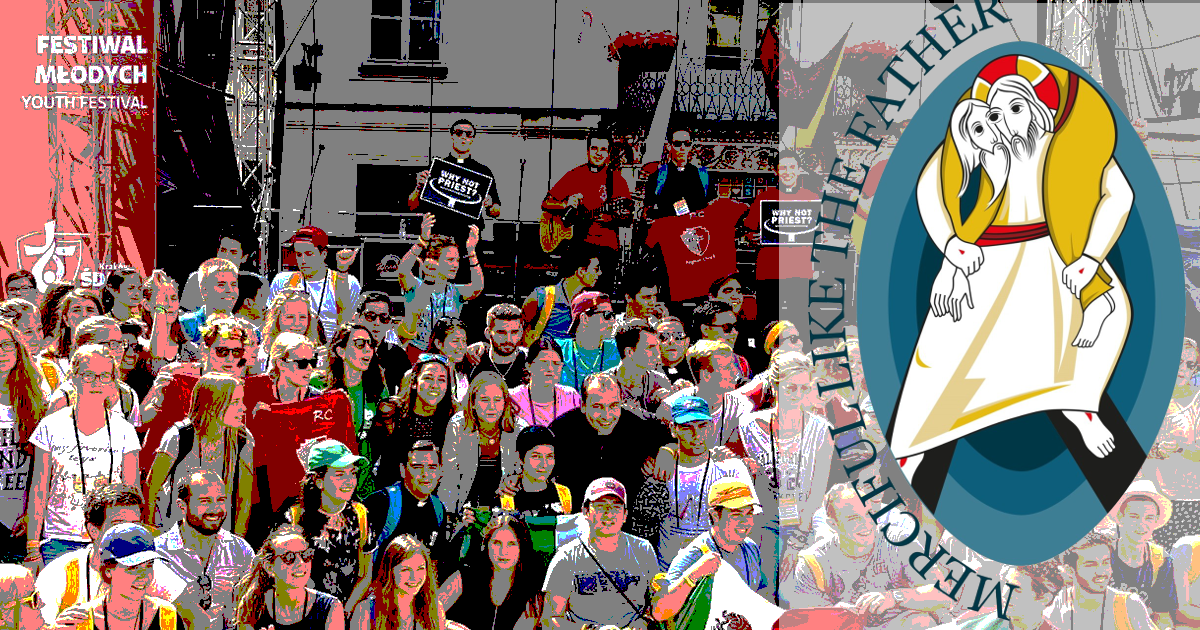I wonder how many homilies over the years have urged us to be like the Good Samaritan!

Young people making a pilgrimage to Krakow this month are a “summons” to the entire Church to ditch the “bad systems” which encourage a merciless heart, Archbishop Mark Coleridge said.
Commissioning more 70 pilgrims at a Mass at St Stephen’s Cathedral In Brisbane, Australia on July 10, Archbishop Coleridge said the parable of the Good Samaritan, which was the weekend’s Gospel reading, exemplified the problems of a “bad system” which, at the heart, was merciless.
“Down through the ages these two characters whom we have just met, the priest and the Levite, have got a decidedly bad press,” Archbishop Coleridge said.
“But in fact they were ordinary human beings, not bad people, but caught up in a bad system.”
There is perhaps no parable better known than this beautiful story of real and effective charity. And none more challenging to any reader following the depth of compassion shown to a stranger by someone who not only assists with the immediate need but also ensures continued attention and treatment, and does so at personal cost.
To see human need, to respond effectively, to care for those in distress—to be a Good Samaritan. The perennial challenge for Christians, but more so now in a world of growing gaps between the haves and the have-nots, with all the other evils that poverty spawns–violence, war and mass migration.
And how to do so in the 21st century. How to care for the afflicted and, as Frederic Ozanam says, how to practice the justice that might avoid such attacks in the first place. How to, in a word, “fix the road” (to Jericho or anywhere else) so that there are fewer victims.
A few ideas, certainly not a complete list, but a place to start:
- To speak consistently about the common good, a concept increasingly out of favor yet key to a peaceful future for any society;
- To open doors and create opportunities for the poverty-stricken to speak up, fostering a stronger advocacy for change as they themselves speak about their own lived experience and what needs to be done;
- To urge our Vincentian apostolates around the world to analyze, with the people we serve, the causes of poverty and relevant solutions;
- To expand our collaborative efforts: starting with our own collaboration across Family branches wherever possible, moving on to create meaningful collaboration with other like-minded organizations and entities on poverty issues, even if we do not ascribe to their other goals and beliefs.
The problem of poverty is too deeply ingrained, too much a fabric of society as we know it to be solved without the broad participation of many different agents. Our impact must be collective, the result of intentional sharing of precise, defined goals, fluid mutual information-sharing, and common measurements of success/failure by multiple agents in the field.
Easy it will not be; but “collective impact” may be the only way to achieve real and lasting change for communities of people burdened by poverty.
 Jim Claffey just retired from the St. Vincent de Paul Society on Long Island, where he served as Director of Formation and Programs. Jim currently serves as the executive secretary of the Vincentian Family’s International Commission to Promote Systemic Change.
Jim Claffey just retired from the St. Vincent de Paul Society on Long Island, where he served as Director of Formation and Programs. Jim currently serves as the executive secretary of the Vincentian Family’s International Commission to Promote Systemic Change.







0 Comments